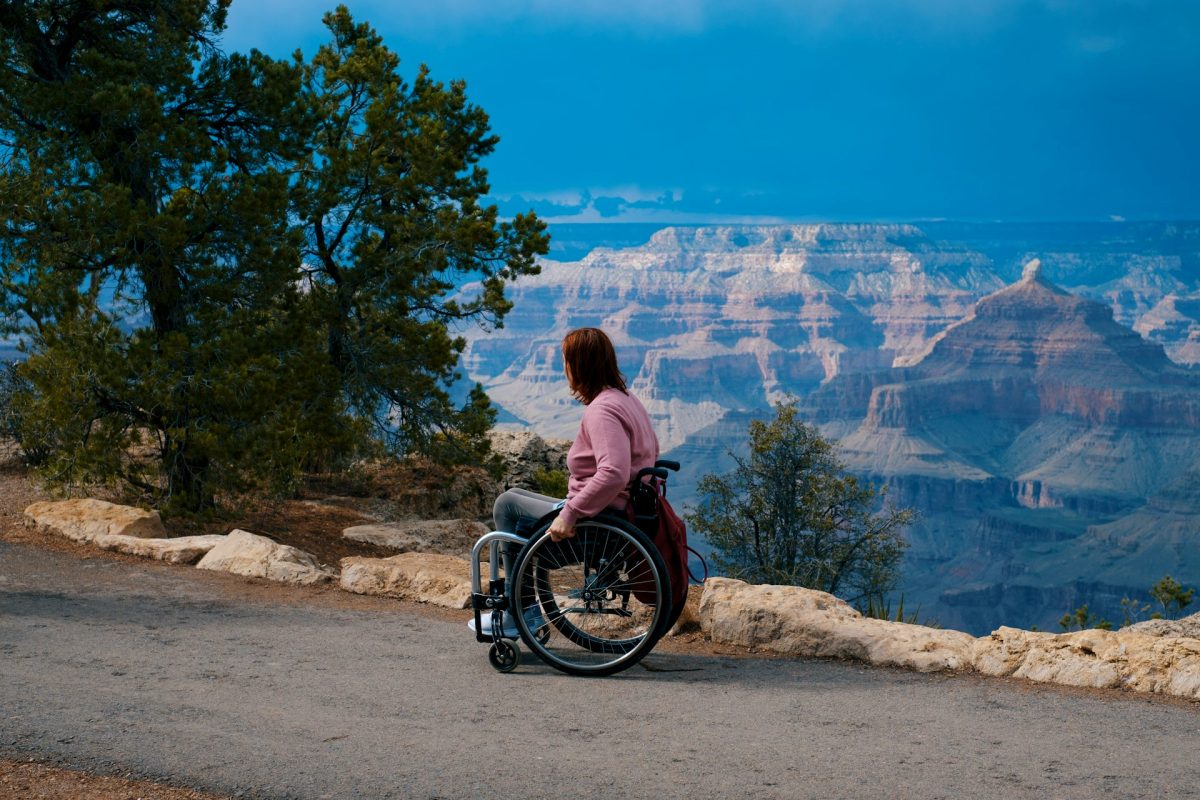By Sonja Eide / Asst. Opinions Editor
By Sonja Eide / Asst. Opinions Editor
Sexual assault is a plague on college campuses across the nation, one that more greatly impacts the female population.
One in every four college women has been sexually assaulted. Despite what records may say, this number has not decreased and will not if nothing is done to stop it.
With so much attention on the subject of rape and sexual harassment, one would come to believe that educational institutions are taking great leaps to protect the rights of their students.
The sad truth is that they are not.
Colleges are required by law to create a sexual harassment policy, investigate sexual assault claims and report them and all other crime statistics on campus annually, under Title IX of the Education Amendments of 1972 and the Clery Act.
However, many institutions do as little as possible to uphold the law, leaving victims who report sexual assault incidents feeling as though justice has not been served.
Sexual assault is widely regarded as the most under reported crime in the country, and this is often because victims are given little encouragement to pursue a legal means of seeking justice from institutions who would rather ignore the crime and ostracize the accuser than actually deal with the problem.
Very few alleged rapists and offenders who attend school with their victims get expelled or even face consequences for the crime they committed, and many are repeat offenders.
It is common for a victim to drop out of school because of the incident, while the alleged attacker will go on to graduate.
We are basically raising a generation of rapists with college degrees.
This kind of “sweeping it under the rug” thinking is harmful to our society’s future.
How can we live in a world where people who have been violated in the most personal of ways are ignored, blamed for the event, and must watch as their attackers get little more than a slap on the wrist?
Rape and sexual assault are seen as an unstoppable social phenomenon, and this is solely because so little is done to prevent it and to punish the offenders, especially on college campuses.
Not only does it belittle the plight of sexual harassment victims when their attempts to get help are ignored and discredited, it shows other victims that their stories will not be heard if they choose to come forward.
It is not and never will be enough for the higher powers to merely tell someone accused of a crime that what he or she did was “wrong,” especially in sexual assault cases.
These incidents must be dealt with by the full force of the law, thus showing potential offenders that they will be held liable for their actions.
Long gone should be the days when we blamed the victims; now it is time to deal with this crisis that is more than preventable, instead of pretending it doesn’t exist.
The 2009 Clery Report for RCC states that only one case of forcible sexual assault has been reported in the last three years.
We cannot put all our faith in these reports, however, as many victims do not report the crime out of fear, or simply out of ignorance of their rights.
Therefore, it is important to educate yourself about your rights as a student at RCC or any other educational institution you attend.
So what does the campus do to prevent sexual assault? Rape Aggression Defense (RAD) classes are offered to teach women self-defense if they ever encounter an attacker.
The RCC Safety Handbook is also available online and provides suggestions on how to protect yourself from potentially dangerous situations.
Sexual assault is never the victim’s fault.
What you wear, whether or not you were using alcohol or drugs, and where you were at the time are not invitations for anyone to violate you, and if someone has, you have the right to pursue legal action against your attacker no matter what anyone else says.
Sexual assault is a serious, violent crime that is committed because the attacker wants to control and humiliate the victim.
It is not a “compliment” and has little to do with sexual arousal. It is a not crime of passion, but a desire to dominate.
Remember that your body is your own property and you do not have to stay silent if you have been sexually assaulted in any way, be it physically, verbally, or through some other form.
Remember also that if you choose to speak out about your experience and seek justice for the crime committed against you, you are working towards a future in which women will not have to live with the fear that one of their peers could sexually assault them and get away with it.
It is essential for more men to be dedicated to speaking out against sexual assault as it is an issue that affects them as well.
Only through a collective effort by both genders can we truly put an end to this appalling crime.
The responsibilty belongs to you in order to make your voice be heard on this subject.
More than likely you have a friend, a co-worker, a family member, maybe even you yourself, that has been sexually assaulted.
Therefore that makes it an intimate, personal problem, not an unreachable one.
The more times this topic is discussed in a public environment and the more educated both men and women become about it means that we have a greater chance of preventing it and creating a better society for future generations in addition to ending the pain and humiliation felt by so many victims across our country.
If you have sexually assaulted and need assistance, do not hesitate to call the National Sexual Assault Hotline at 1-800-656-HOPE, the Riverside Area Rape Crisis Center at 951-686-7273 or the RCC Police Department at 951-222-8171.
You can call the RCCD Police Department at 951-222-8171 for more information.






